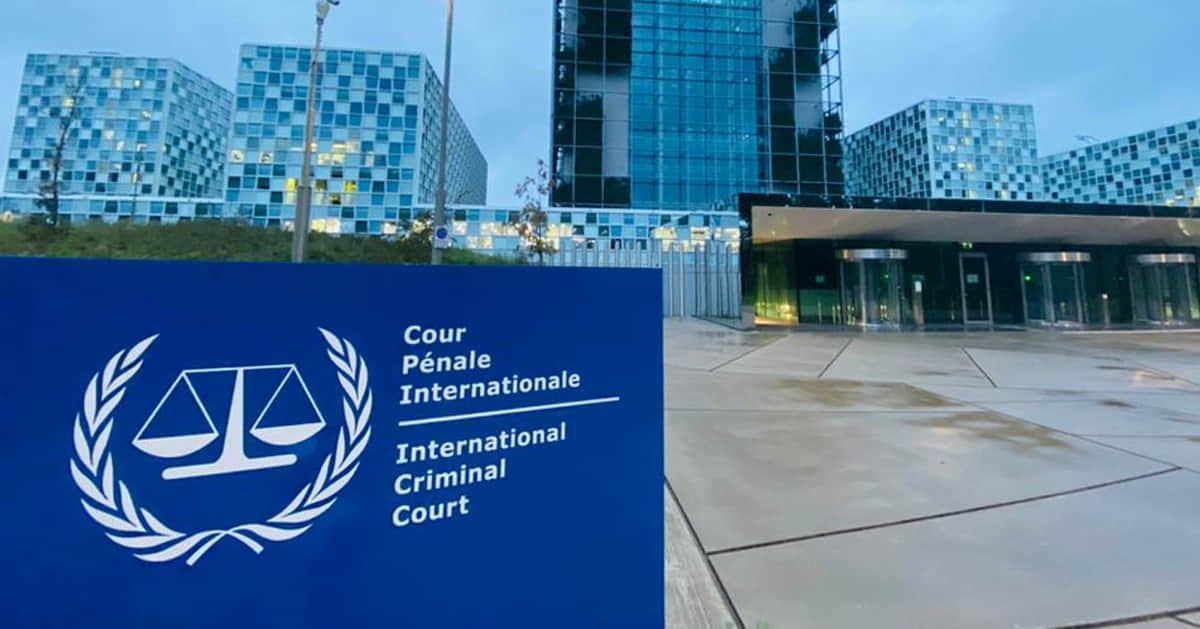How realpolitik is “breaking” the International Criminal Court and why it matters for Ukraine

Last November, the world witnessed an unprecedented step that changed the rules of the geopolitical game. For the first time in history, the International Criminal Court (ICC) issued arrest warrants for high-ranking officials from a country considered part of the "collective West." This involved Israeli Prime Minister Benjamin Netanyahu and then-Defence Minister Yoav Gallant.
The office of ICC Chief Prosecutor Karim Khan accused them of war crimes and crimes against humanity in the Gaza Strip during a large-scale operation and clearance of the enclave. Read more about how Europe is reacting to this case and what consequences it could have, including for Ukraine, in the article by Uliana Krychkovska, a European Pravda journalist - Orban challenges The Hague: why Hungary's exit from the ICC will have consequences for the EU and Ukraine. It's worth recalling that the actions of the Israeli army that are under investigation in The Hague were in response to the bloody terrorist attacks by HAMAS on 7 October 2023.
However, from the standpoint of the judges - and international law in general - the motives behind the Israeli military's actions do not justify violations committed by them. The ICC prosecutor also proposed issuing arrest warrants for HAMAS leaders, but they were killed. Nonetheless, no explanation from The Hague could stop the backlash from the United States.
Then-President Joe Biden called the ICC's decision "outrageous," and the White House quickly announced that it did not recognise the warrant's legitimacy. Donald Trump went even further, imposing sanctions on the court, including Chief Prosecutor Karim Khan, who had earlier issued an arrest warrant for Kremlin leader Vladimir Putin. Unlike the United States, all EU member states are party to the International Criminal Court.
However, the issuance of an arrest warrant for the Israeli Prime Minister was also a complicated matter for Brussels. EU institutions did stand up for international criminal justice, but in matters of foreign policy, Brussels cannot instruct its member states. When The Hague announced its historic decision, Budapest immediately declared it would refuse to comply with the arrest warrant.
The real earthquake came in April 2025 when Netanyahu visited Hungary, and the country began the process of exiting the International Criminal Court. The exit process will take at least a year, and until then, Hungary is obligated to fulfill all commitments to the Court. However, Budapest predictably does not plan to fulfill those obligations.
Hungarian Prime Minister Viktor Orban believes the court has become a political tool. Other EU countries, too, seem to be prioritising political reality over legal obligations. "There is such a thing as realpolitik.
Within that framework, practical considerations prevail over ethical ones. I don't think there is a single European country that would arrest Mr Netanyahu if he went there. France, for example, wouldn't-and I don't think we would either," emphasised Belgian Prime Minister Bart De Wever.
Hungary's exit from the ICC, Netanyahu's demonstrative visit to Budapest, and the silent or outright refusal of other European countries to enforce the arrest warrant - all these signs may point to the beginning of a new era. The situation surrounding the ICC's arrest warrant for Benjamin Netanyahu has indeed exposed deep contradictions between international law and realpolitik. Those who doubted that the ICC could go after "Western" leaders have been proven right.
Hungary could just as easily shield Putin from prosecution. Moreover, if Hungary's withdrawal from the ICC is completed, it would change the rules of the game in Europe - where ICC membership has long been considered a prerequisite for EU accession. All of this contributes to the dismantling of the international legal order - a process now unfolding at an unprecedented pace.
If you notice an error, select the required text and press Ctrl + Enter to report it to the editors.